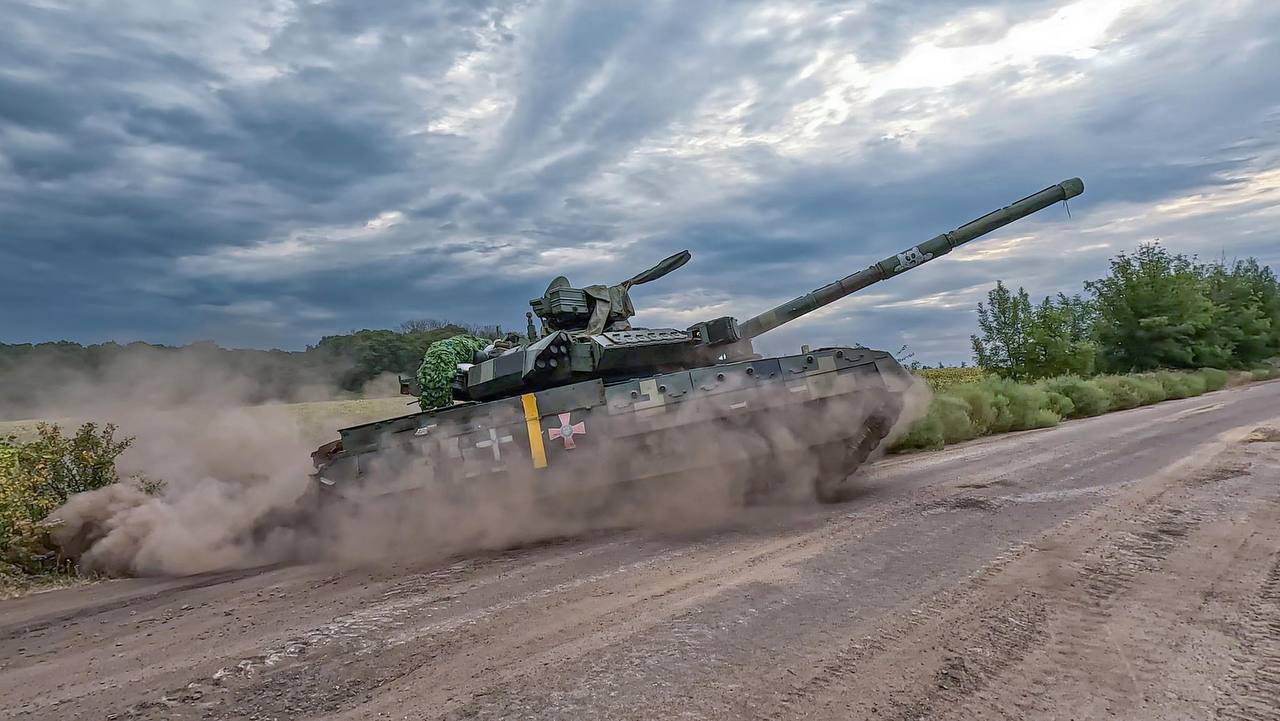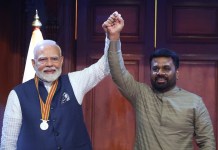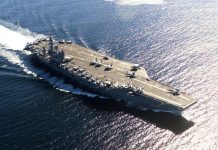Former Dutch Defence Minister Kajsa Ollongren has praised Ukraine’s military operations, particularly highlighting the operation in Kursk Oblast as a model of military excellence.
Speaking at the Yalta European Strategy (YES) forum, Ollongren highlighted the need for the global military community to learn from Ukraine’s experience, noting that its tactics and strategies will one day be studied in military academies around the world.
“It was brilliantly organized: the tactics, secrecy, and use of various systems. I think it will in the future be studied in all school textbooks and military academies worldwide,” Ollongren said during an interview with LIGA.net.
The former defense minister also challenged the idea that the world should fear Kremlin leader Vladimir Putin’s so-called “red lines,” insisting that these boundaries are often psychological rather than concrete military threats.
“Any red lines drawn by Putin only exist in our heads,” she added.
Ollongren stressed that international military cooperation with Ukraine is essential and a two-way street.
She noted that Ukraine has shared valuable insights into Russian military operations, tactics, and rhetoric—lessons crucial for other nations to understand how Moscow conducts warfare.
She further underscored Ukraine’s creativity in military innovation, particularly in unmanned systems, praising the country’s defense industry for its ingenuity.
As part of ongoing cooperation, the Netherlands has actively supported Ukraine in its defense against Russian aggression.
The Dutch government has supplied Ukraine with a radar system for the Patriot air defense system and plans to deliver additional launchers. On September 24, the Netherlands also announced a new aid package worth €209.5 million to help restore Ukraine’s critical infrastructure.
Ollongren, reflecting on the conflict, affirmed that the world must adapt and learn from Ukraine’s resilience, adding that joint ventures between Dutch and Ukrainian defense companies are key to bolstering both nations’ military capabilities.
Ukraine’s Kursk Operation
Ukraine’s incursion into Russia’s southern Kursk region, launched on August 6, 2024, represents a bold and unexpected move in a prolonged conflict, opening up a new front in the ongoing war.
This counteroffensive has not only surprised many but also reshaped the dynamics of the battlefield. The operation came at a crucial time, following the perceived failure of Ukraine’s much-anticipated 2023 counteroffensive, which had not delivered the decisive breakthroughs Kyiv had hoped for.
The Russian government, until early August, had been pushing a narrative that Ukraine’s defeat was inevitable. Moscow suggested that Russian forces would slowly but surely grind Ukraine into submission with the sheer weight of Russia’s military and economic resources.
The Kremlin anticipated that if enough people, both within Ukraine and internationally, accepted this narrative, Kyiv would ultimately be compelled to surrender, allowing Russia to absorb Ukrainian territory.
However, Ukraine’s successful incursion into Kursk has dramatically shifted this narrative. It marks Kyiv’s first major strategic victory since the liberation of Kherson in November 2022, and it has provided a significant morale boost for the Ukrainian forces and populace.
According to Oleksandr Merezhko, chair of Kyiv’s parliamentary foreign affairs committee, the incursion had multiple objectives, including relieving pressure on the Ukrainian army in other parts of the front and creating a buffer zone around Sumy, a key eastern town.

The Kursk operation aims to counter Russia’s overwhelming advantages in numbers and resources by combining surprise tactics, mobility, and clever military strategies.
Oleksandr Lytvynenko, Secretary of Ukraine’s National Defence and Security Council, admitted that before this move, it seemed that Ukraine’s efforts were progressing too slowly.
He noted that Russian advances, though limited to a few hundred meters each day, had appeared unstoppable until Ukraine’s surprise offensive in Kursk shifted the momentum.
Converting this tactical victory into a larger strategic advantage will depend on several key factors, one of which is continued backing from Ukraine’s international allies.
Ukrainian President Volodymyr Zelenskyy has repeatedly stressed the importance of this support. Speaking on August 17, 11 days after the Kursk operation began, Zelenskyy called on Ukraine’s allies to remove the barriers that prevent Kyiv from fully leveraging its forces against Russian positions.
He highlighted the need for long-range weapons as critical to addressing the most pressing issues of the war.
Beyond military needs, Ukraine also faces the challenge of maintaining its economic stability, securing diplomatic support, and continually rebuilding its armed forces to sustain the fight against Russia’s military machine.
The success of the Kursk operation has shifted the narrative of the war, but whether this will be enough to sustain international aid—particularly in the lead-up to the 2024 U.S. elections—remains uncertain. Kyiv will need to hold onto its gains and use them as leverage in any future negotiations.
However, Russia is not standing still. Recent advances by Russian forces in other areas have complicated Ukraine’s progress, slowing down Kyiv’s broader counteroffensive and threatening to undermine the gains made in Kursk. While the incursion has changed the momentum of the conflict, the overall situation remains fluid and fraught with risk.
- Contact the author at ashishmichel(at)gmail.com
- Follow EurAsian Times on Google News




